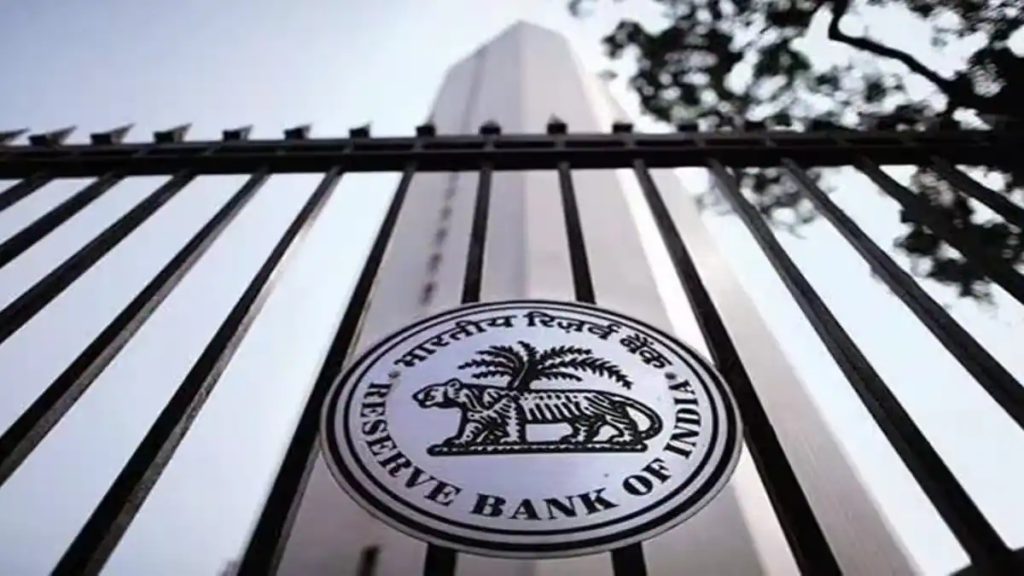However, Varma feels that a faster glidepath will come at the cost of growth.
The Reserve Bank of India (RBI) may take more than a year to bring inflation down to the 4% target, says monetary policy committee’s external member Jayanth Varma.
However, Varma feels that a faster glidepath will come at the cost of growth.
“The current real repo rate will in my opinion keep inflation within the tolerance band and gradually align it to the 4% target,” Varma said in an interaction with Financial Express.
“Inflation risk has moderated considerably due to lower crude oil and commodity prices as well as the abating of supply chain disruptions. Inflationary expectations have come down and are now well anchored.”
India’s retail inflation has fallen to a two-year low of 4.25% in May from 6.4% in February aided by large favourable base effects.
RBI has projected retail inflation at 5.1% for 2023-24 (April-March) with April-June at 4.6%, July-September at 5.2%, October-December at 5.4% and January-March at 5.2%.
In 2021, the government had mandated RBI to maintain retail inflation at 4% with a margin of 2% on either side for a five year period ending March 2026.
Going ahead, Varma believes that inflation will decline due to the lagged effect of the rate hikes that were undertaken during the last year or so, supply side measures by the government, as well as the lagged effect of declining wholesale prices.
However, he has acknowledged that the process of bringing inflation under control is still a work in progress, and that it would be “premature to declare victory” over inflation at this point of time.
In its June monetary policy, the central bank’s monetary policy committee left the repo rate unchanged at 6.5% and maintained the overall stance at “withdrawal of accommodation”
In the subsequent minutes to the policy, Varma expressed reservations over RBI’s persistence on the ‘withdrawal of accommodation’ stance as he feels that this can have an adverse impact on economic growth.
“There are a lot of things that can go wrong (on growth), and the MPC should in my view keep a careful watch on this. The biggest concern is of course the unfavourable global economic and geopolitical environment,” he said.
“The rate hikes over the last year or so are working their way through the economy, and this is suppressing domestic demand,” he added.
Varma also believes that an excessively high real interest rate could delay the revival in private capital expenditure.

Source:financialexpress.com


